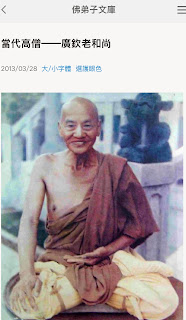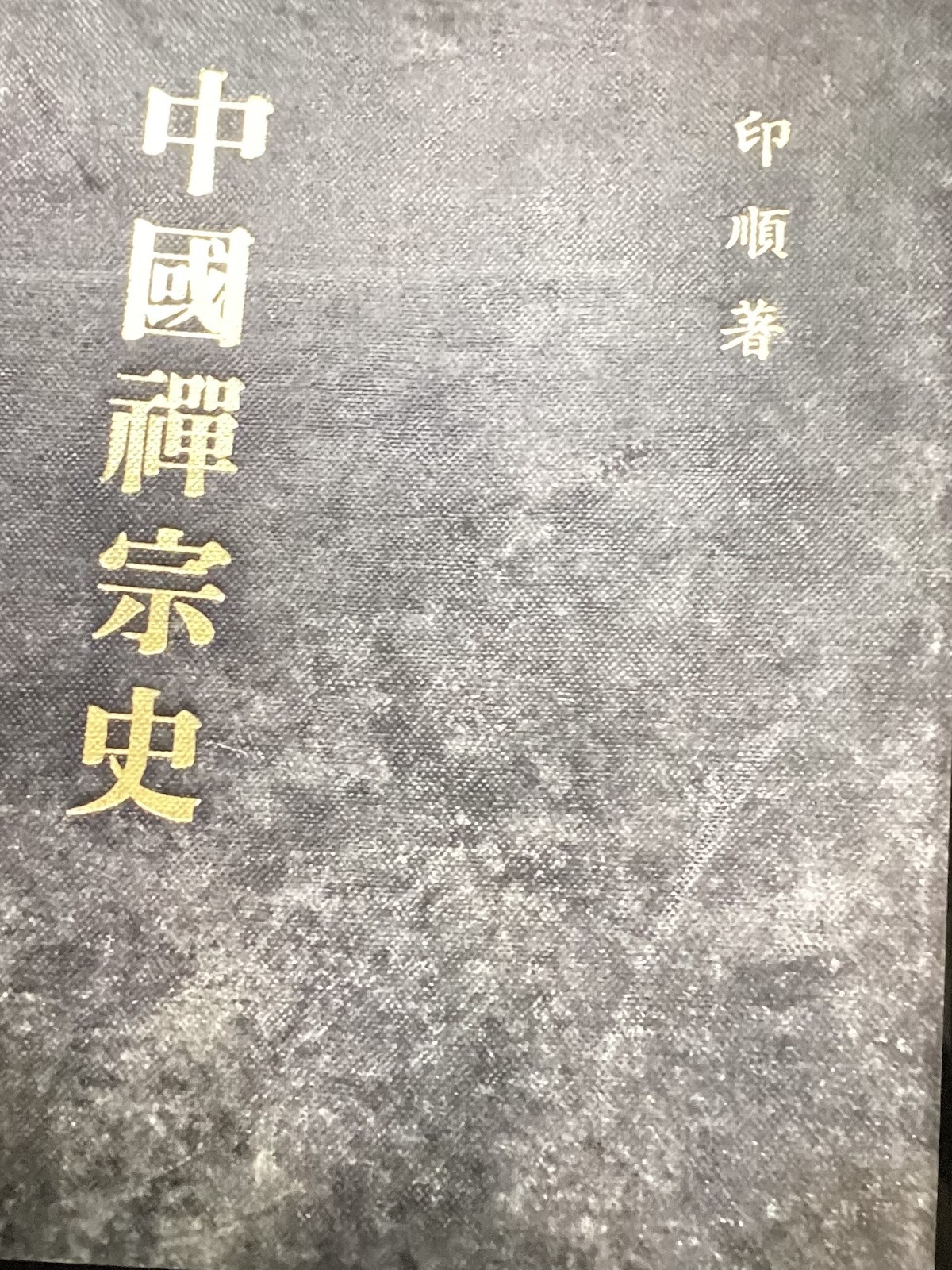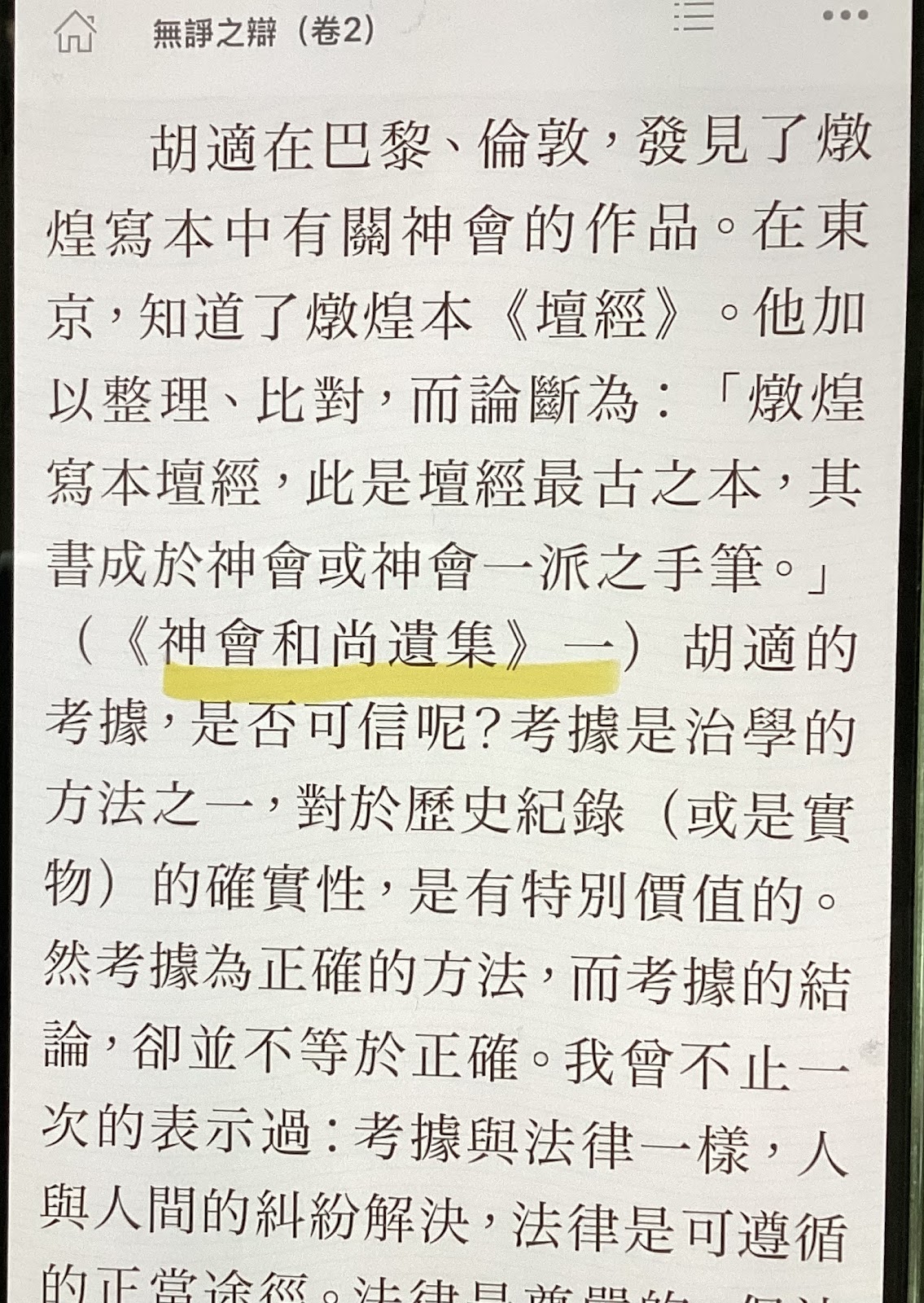剝落1
南禪朋友好!
南禪讀者看多了我的文章會覺得師父很會讀書,事實上那是錯
誤的,我最懶得讀書,哈!
披緇以後為了尋求經典中的正確答案只好發憤,也為自己的衣
食負責。
修道的方法斷層這是佛教界公認的事,尤其是四聖果的問題。
廣欽老和尚還住世時他老人家就是最好的修行見證,無奈我對
淨土宗無感只能黯然離去。
最有資格說說四聖果內容的廣老,只說「唸佛三昧」。
為了怕自己的步伐踏錯,邁力挖掘資料只想窺探佛海,盼能乘
風破浪。
隨著佛法研究、修持越久,發覺佛教裡的高僧是世上最珍貴的
人,很多屬於框架方面的還有修道的實現,都不用語言、思考
直接就在他們身上展現!
我們從小讀書背負很多框架,當看到他們都無需講框架,就把
佛法直接展現在他們身上時我震驚到不行,而心嚮往之!
從文字的脫離到肉體實際的觸動,這段距離我也跨越很久,因
為我們被文字綁架太久,這種屬於文字性、教育性質的黏著脫
離,竟然要練習很久而且要常常練習
(頓忘前解)。
隨這種練習的過程深入,很多必須依靠高深理論探討的問題,
慢慢在理解中自動反芻,佛法於我已然越過文字山。
半寄
(當年廣老應用了他的「他心通」回答我想問的事情,但我直
覺這傳統說法不能接受,他一定覺得這囝仔不能教,廣老說閩
南語,我只好又吟起流浪者之歌。)
Peeling
Off 1
Greetings, friends of NanZen!
Readers of NanZen might think I’m deeply
well-read because of my articles. But that’s far from the case—Honestly, I’m
actually lazy when it comes to reading, ha-ha!
After becoming a nun, I had no choice but
to dive into the scriptures diligently, both to seek correct answers and to earn
a living.
It’s well-known in the Buddhist world that
there’s a gap when it comes to approaches of practice, especially regarding the
four fruitions. When Venerable Elder Master Guangqin was still alive, he was
the best living model of Buddhist practice. Yet, as much as I admired him, I
couldn’t resonate with the Pure Land School, so I had to leave quietly. 1
The most qualified person to explain the four fruitions was Master Guangqin, but
he only addressed, ‘Just recite the Buddha’s name and attain samadhi.’
Fearing I might misstep on my path, I’ve
worked hard to dig through texts, hoping to explore the vast ocean of Buddhism
and navigate my way through it. The longer I study and practice Buddhism, the
more I realize that Buddhist eminent monks are the rarest treasures in this
world. Many issues of frameworks as well as the realization of spiritual
practice are embodied in them—not through words or reasoning but in their very
being.
From a young age, we are burdened with
rigid frameworks from education. Seeing these monks directly manifest the
Dharma without needing to speak of frameworks left me astounded and deeply
inspired.
Bridging the gap from textual dependence to
direct physical experiencing of the teachings took me years. We’ve been trapped
in the habit of relying on words for too long. Detachment to education and
language, i.e. sudden re-realizing of previous understanding, requires constant
and repeated practice.
As I kept practicing, many questions that used
to need deep theories started to resolve themselves naturally. Buddhism, for
me, has gone beyond the mountain of words.
Master Banji
Note 1. Back then, Master Guangqin used his
‘telepathic insight’, supernatural power of mind reading, to answer the
questions I hadn’t even voiced. But I instinctively rejected the traditional
explanation he gave. He must have thought, ‘This kid-- he spoke in the Minnan
dialect-- can’t be taught.’ And I could only go on my path of wandering.









